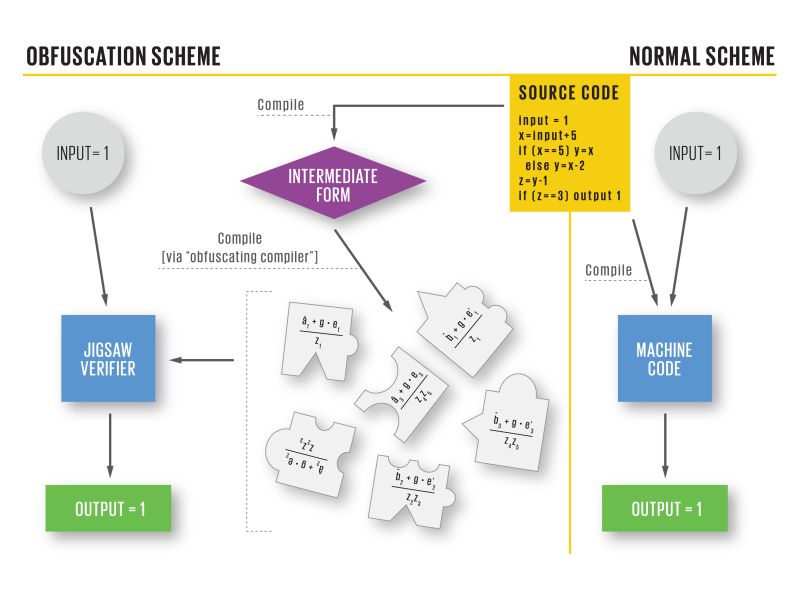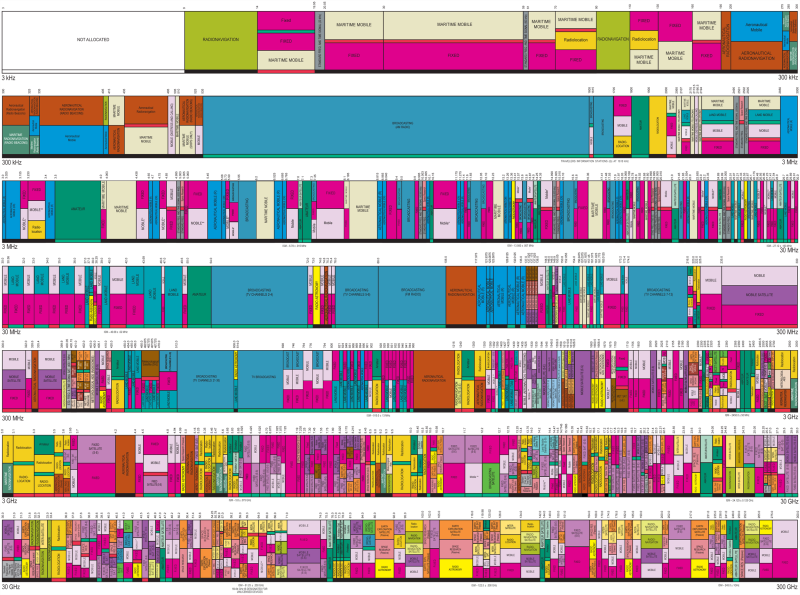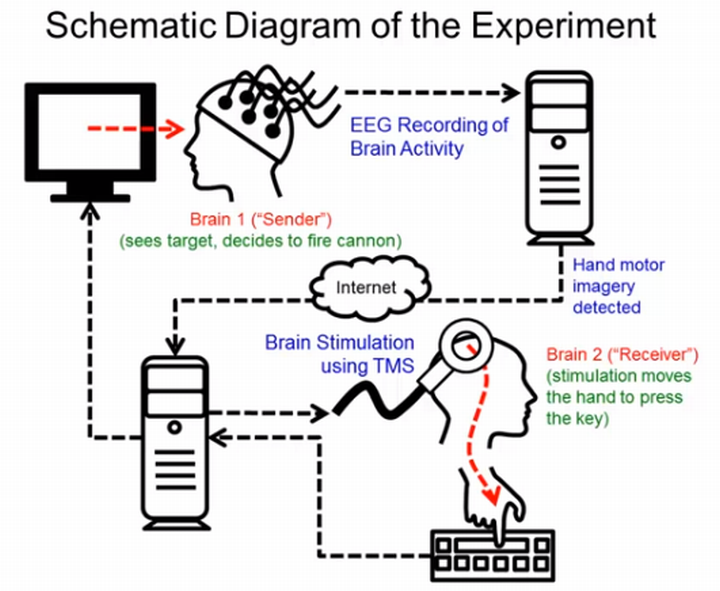Figuring out any computational system’s Achilles’ heel won’t be a trouble-free job as it might be before. Hackers are you listening! Period. Algorithms now are so progressive that deducing future trends is just a matter of few lines of codes. For instance, alogs can calculate which post might pull the maximum readership, on what topic one gets the highest number of tweets or how many times one scans own pic after uploading on facebook (this one’s for datasexuals).
Read MoreTag: technology
Carbon Nanotubes Now A Successor To Silicon Transistor
Carbon nanotubes, the exotic molecules are coming up as an alternative material to Silicon. In a major breakthrough, a group of Stanford engineers has fabricated a basic computer from carbon nanotubes, which they hope, run faster whilst consuming less energy. Researches from all across the world where working continuously to harness the promising material and finally they are able to see the results.
Read MoreThe Ultrafast Machine Ecology Might Combat Cyber Attacks
Lately, the global financial market witnessed a quick succession of ‘flash freezes’. A throng of super fast algos is considered as one of the main reasons for these glitches. The algorithms work at a speed, which is beyond human ability to counter and thus, overwhelmed the overall systems. The financial market makes an unexpected and rapid transition into the cyber jungle inhabited by packs of aggressive trading algorithms. These algorithms can operate so fast that humans are unable to participate in real time, and instead, an ultrafast ecology of robots…
Read MoreFacebook At The Verge Of Cramming Video Ads Into The News Feed
Facebook is never afraid of trying new things. Its recent structured status update feature was a huge hit amongst the users. Before that, the cover photo was the much-hyped topic. This time, Facebook is planning to introduce video ads that’ll display on user’s news feed. Unlike the other videos, the ads will start to automatically play but that won’t be annoying, coz the readers/users won’t hear it as it’ll be on mute mode, unless users click on the video. Whether the new feature would harvest revenue or will it drive…
Read MoreInternet Spectrum, Expediting Towards A Point Of Overcapacity
Devices have exceeded the number of people inhabiting on Earth. Everybody wants to stay connected in the virtual world with all the devices that they have. If the trend continuous and reaches the threshold of 50 billion, we would be left with no internet spectrum to connect with. Microsoft’s Stefan Weitz asserted that most devices and applications today use a single frequency. If we were to build mobile apps and devices that were ‘frequency intelligent,’ they could use Wi-Fi (2.4GHz and 5GHz), Bluetooth (2.4GHz) and a variety of cellular network…
Read MoreAfter Connecting Computers, Internet Might Connect Brains
Researchers at the University of Washington have come up with the first noninvasive human-to-human brain interface. With the help of electrical brain recordings, one researcher was able to control the hand movement of fellow researcher via internet. After the Duke University’s brain-to-brain interface allowing transmission of tactile and motor information between rats and Harvard University’s brain-to-brain interface, between human and a rat this happens to be the first demonstration of human-to-human brain interfacing.
Read MorePrivacy Is Going Redundant
online privacy, google, apps, android, social networks, wifi, google maps, digital era, emails, social media, operating system Apparently, the big G is trying to get hold of its frequent geo data error on android and thus with the recent updation of their OS, they claim to improve their location accuracy on smartphones. Changing locations alters the IP but doesn’t update G’s database in the real time hence is the main cause of the geo data error. On an individual level, refreshing IP from ISP could be a way out but…
Read More






